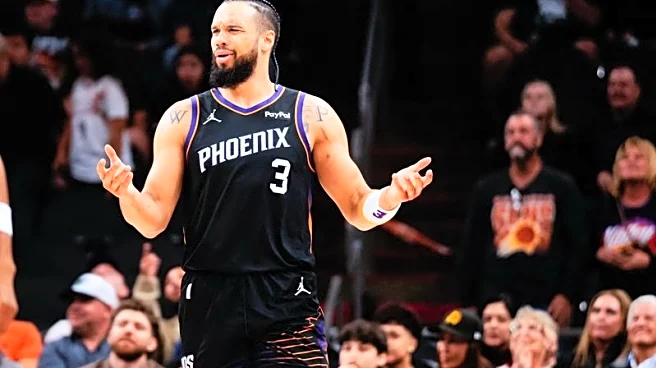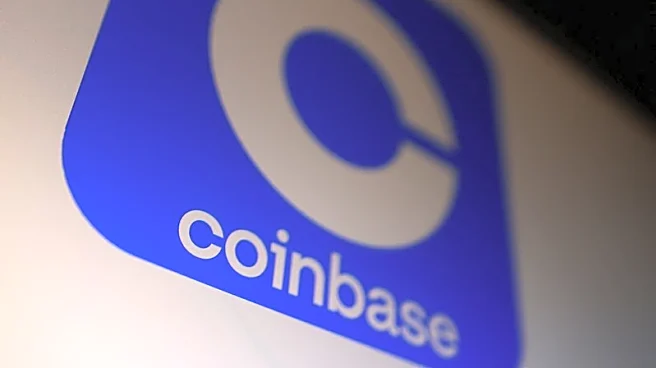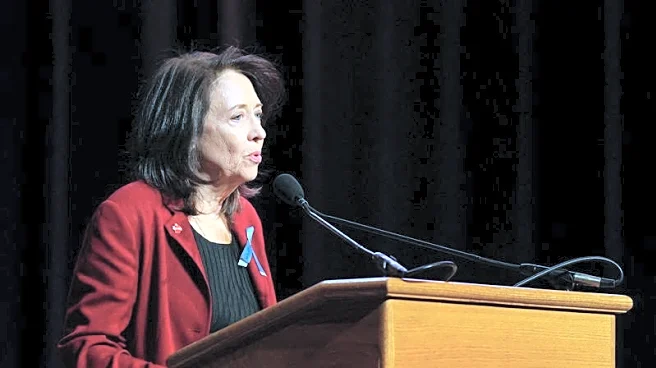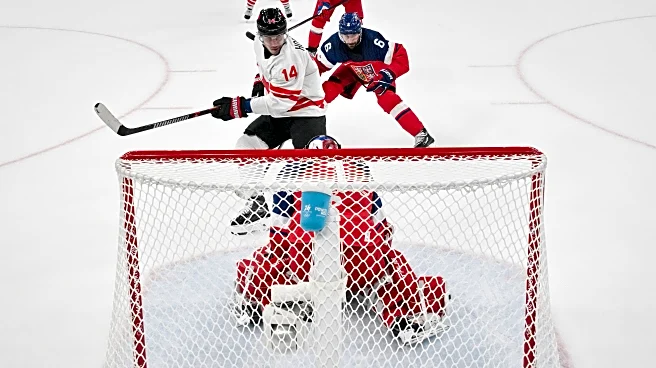What's Happening?
Ukraine has reached an agreement on the terms of a potential peace deal, as confirmed by Gen. Wesley Clark (Ret.). The deal involves a Ukrainian delegation and the United States, aiming to address ongoing conflicts and tensions in the region. The agreement marks
a significant step towards resolving the hostilities that have persisted since Russia's annexation of Crimea in 2014. The peace deal is expected to involve discussions with Russian President Vladimir Putin, facilitated by a special envoy. This development comes amid heightened international efforts to stabilize Eastern Europe and reduce military confrontations.
Why It's Important?
The peace deal between Ukraine and Russia, brokered with the involvement of the United States, holds substantial geopolitical significance. It could lead to a reduction in military tensions in Eastern Europe, potentially easing global security concerns. The agreement may also influence international relations, particularly between NATO countries and Russia, as they navigate the complexities of regional stability. Economically, a successful peace deal could open avenues for trade and investment in Ukraine, fostering growth and development. The deal's success or failure will likely impact diplomatic strategies and alliances in the region.
What's Next?
Following the agreement, the next steps involve detailed negotiations between Ukraine and Russia, with the special envoy playing a crucial role in facilitating dialogue. The international community, including NATO and the European Union, will closely monitor the situation, potentially offering support or mediation if required. Political leaders in Ukraine and Russia may face domestic pressures to ensure the deal's success, balancing national interests with international expectations. The outcome of these negotiations could set a precedent for future conflict resolution efforts in the region.

















